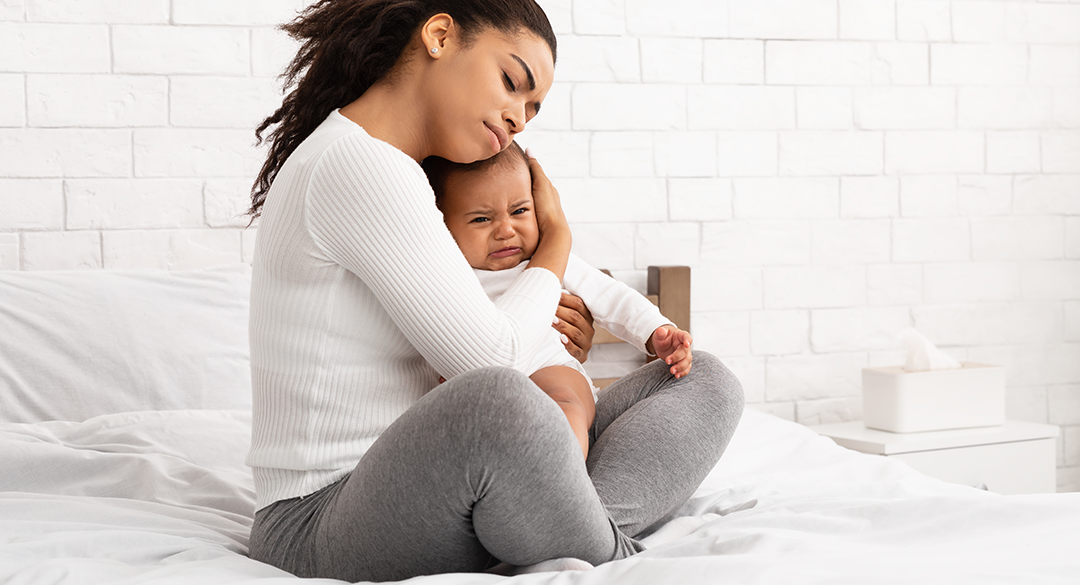

It is time to think about the next RSV season.
Ample supply of nirsevimab is expected. Learn more about ordering
RSV Overview
Respiratory syncytial virus (RSV) causes acute respiratory tract infections in people of all ages and can cause severe illness in infants and children with certain health conditions. Approximately 58,000-80,000 children under the age of 5 and up to 3% of children in their first year of life are hospitalized due to RSV infection each year in the US. Most children will get an RSV infection before the age of 2 years, and approximately 20-30% of children infected will develop a lower respiratory tract infection, such as bronchiolitis or pneumonia. Reinfection is common and is usually less severe than the primary infection.
In the US, RSV typically circulates from the fall, peaks in December or January and continues through the spring. It is transmitted by direct or close contact with those infected or from touching contaminated surfaces.
AAP Recommendations
Red Book: Respiratory Syncytial Virus Chapter
Red Book Online: AAP Recommendations for the Prevention of RSV Disease in Infants and Children
RSV Prevention Products
The following are products to prevent severe RSV infection in children.
Nirsevimab (Beyfortus)
Nirsevimab is a monoclonal antibody product that offers protection against RSV infection during the RSV season. It is included in the Vaccines for Children Program and is recommended for all infants (not otherwise protected through vaccination during pregnancy).
RSVpreF (Abrysvo)
A vaccine for pregnant people to protect their infants from RSV. Antibodies developed by the mother are transferred to the fetus, to help protect the baby once they are born. For more information on recommendations for RSVpreF, visit the CDC site.
Palivizumab (Synagis)
A short-acting monoclonal antibody product, available since 1998 and recommended for high-risk infants and young children.
Professional Education Resources
Educating Families about RSV and Immunizations
The AAP offers resources to help families better understand the risks for severe RSV disease and the benefit of prevention.
AAP.org – Childhood Immunization Discussion Guides
Last Updated
07/10/2024
Source
American Academy of Pedaitrics